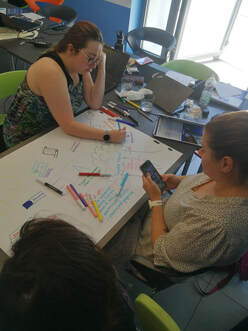 EU funded programmes can be a tough nut to crack. It’s hard to guess which project will get approved, which mandatories to fulfil, and which key to follow. In this course we focus on eliminating this guessing game, and equip you with the necessary knowledge needed to successfully apply for projects. The new edition of the course “Erasmus+ and EU Project Management and Design Training Course” took place in Bologna from 28/08/2022 to 03/09/2022. The participants came from all over Europe, with María Teresa Baena Alcántara, José Moraga Campos, and Francisco R. Merino Mesa from CEP Córdoba in Spain; Sara Mira from Lagos Ciência Viva Science Centre in Portugal; Kristinn Berg Gunnarsson and Anna Eyfjörð Eiríksdóttir from Menntaskólinn á Akureyri in Iceland; and Audur Inga Runarsdottir from the University of Iceland. On Monday we started off with a comprehensive introduction to Erasmus+. We talked about what accreditation is (and how to get it) and how the budget changes. We then moved on to the general objectives of the programme and discussed them individually, to really get a clear idea of the big picture. At the end of the day we introduced the 3 Key Actions of Erasmus+, once again making sure that we spent enough time to understand the differences between them. The trainer put a lot of emphasis on Key Action 2 projects, as these are among the most complex to grasp. We talked a lot about what the cycle of a project should look like, and jumped straight into the Logical Framework Approach. The group discovered necessary tools and methods to use whilst designing a project, with enough time to explore them between moving on to the next topics. Another big concept we tackled was the Work Breakdown Structure, and with that, moving swiftly into creating Work Packages. The participants learned the importance of managing the Communication of the project - more specifically the difference between visibility and dissemination. We took time for each member of the group to analyse their target groups, where they can implement an active communication strategy, and how to make these actions verifiable. To finish the week off, we touched on other EU funded programmes, like The European Regional Development Fund, Creative Europe, Horizon 2020, CERV, LIFE, and more. We also presented helpful tools for project management, to eliminate the chaos of working with multinational partners. All in all, although we had a lot of theory, the course was very practical. We were happy to help our participants with their projects directly, and we hope for their smooth implementation! And who knows, maybe we will meet again as project partners in the future :)
Discover more about this course here |
Welcome to the ELA Blog. Here you will find articles and photos of our courses and have a look at the topics addressed during the week in Bologna, Palermo and Tenerife. You will also have the chance to take a peek at our projects and check out what we have been up to.
Archives
July 2024
Categories |
-
Course catalogue
- 2023-2024 course catalogue
- Soft Skills >
- ICT and New Technologies >
- Inclusion and Diversity >
-
Innovative Teaching Methods
>
- Innovative teaching methods discovery
- Non-formal education teaching methods
- Dual education and work-based learning
- Teaching leadership and entrepreneurship
- Project based learning
- Game based learning and gamification
- Green skills
- Outdoor education
- Outdoor education trekking edition
- Promoting creativity and critical thinking
- Languages and EU projects >
- Preschool >
- Erasmus Plus KA1
- What we do
- About us
- Locations
- Blog
- Contact us
 English
English български
български Čeština
Čeština Español
Español Français
Français ελληνικά
ελληνικά Italiano
Italiano Polski
Polski Português
Português Română
Română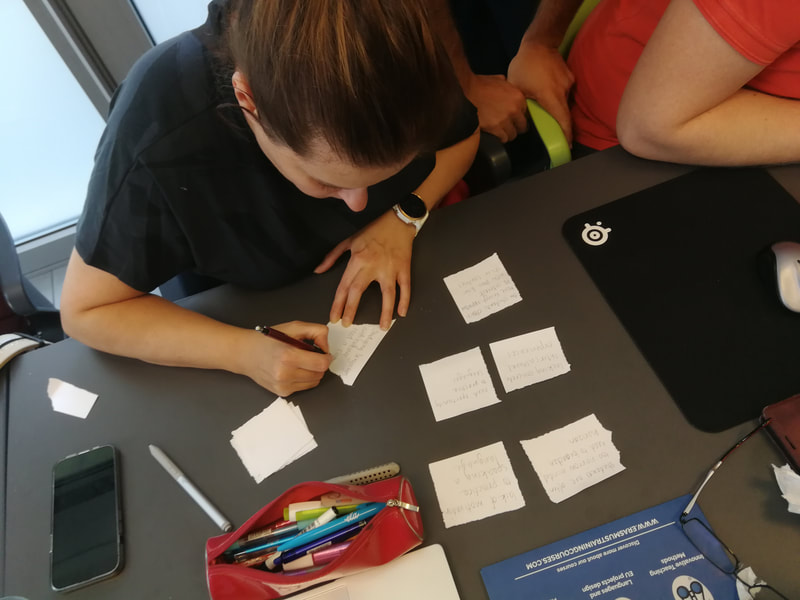
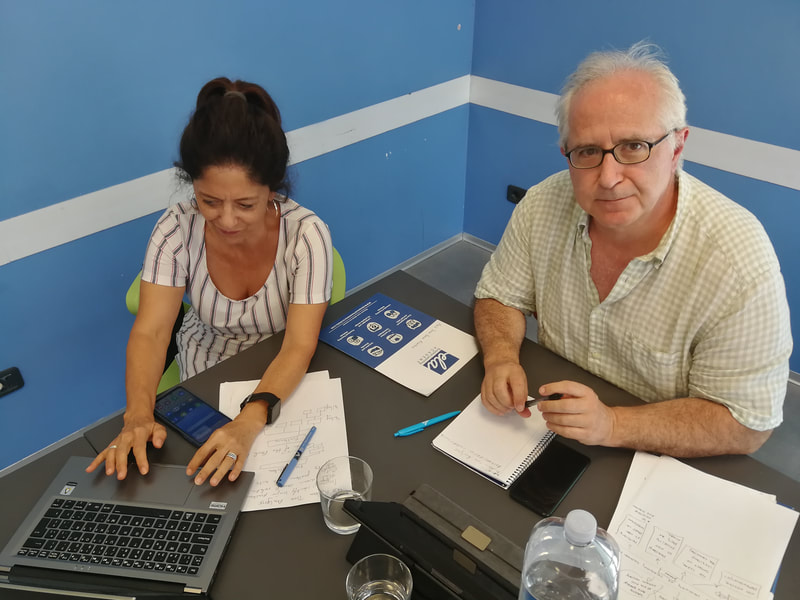
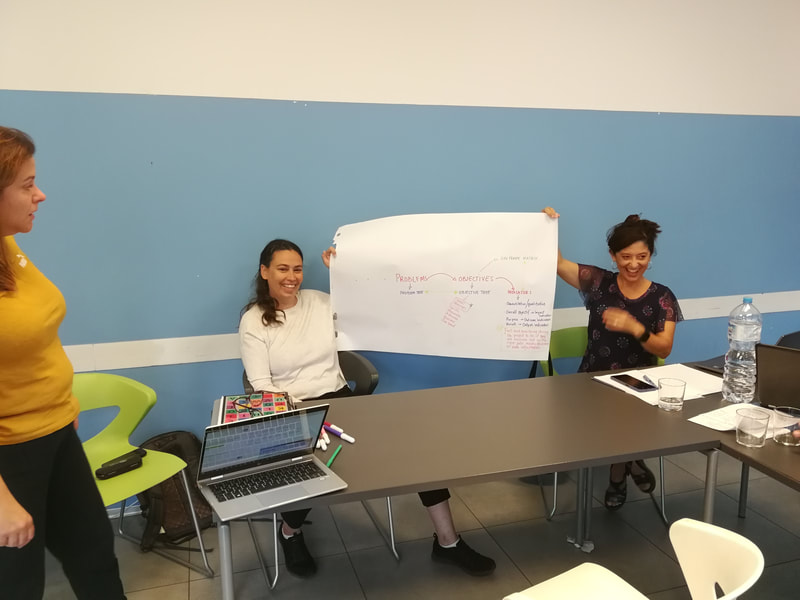
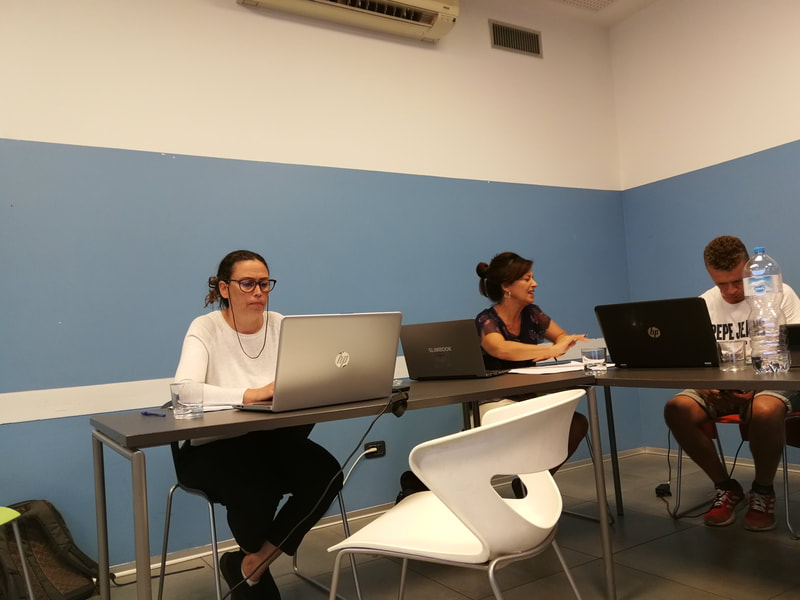
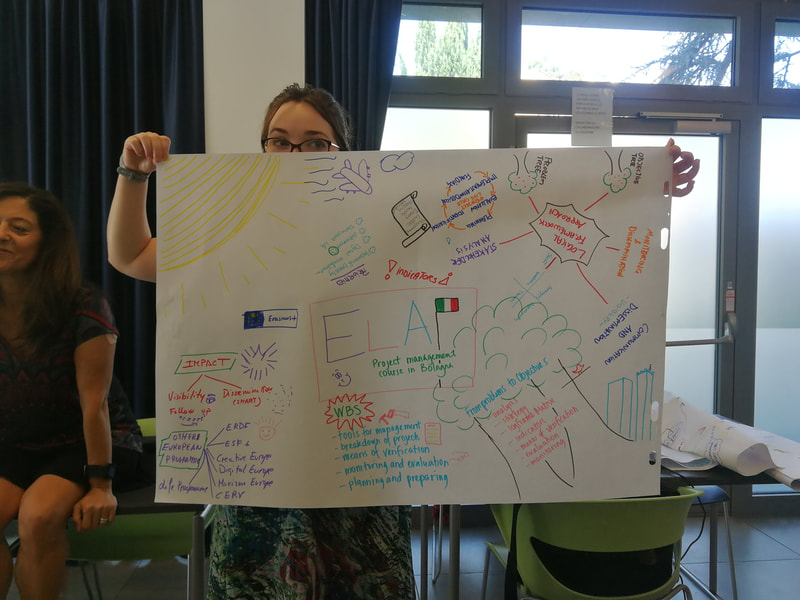
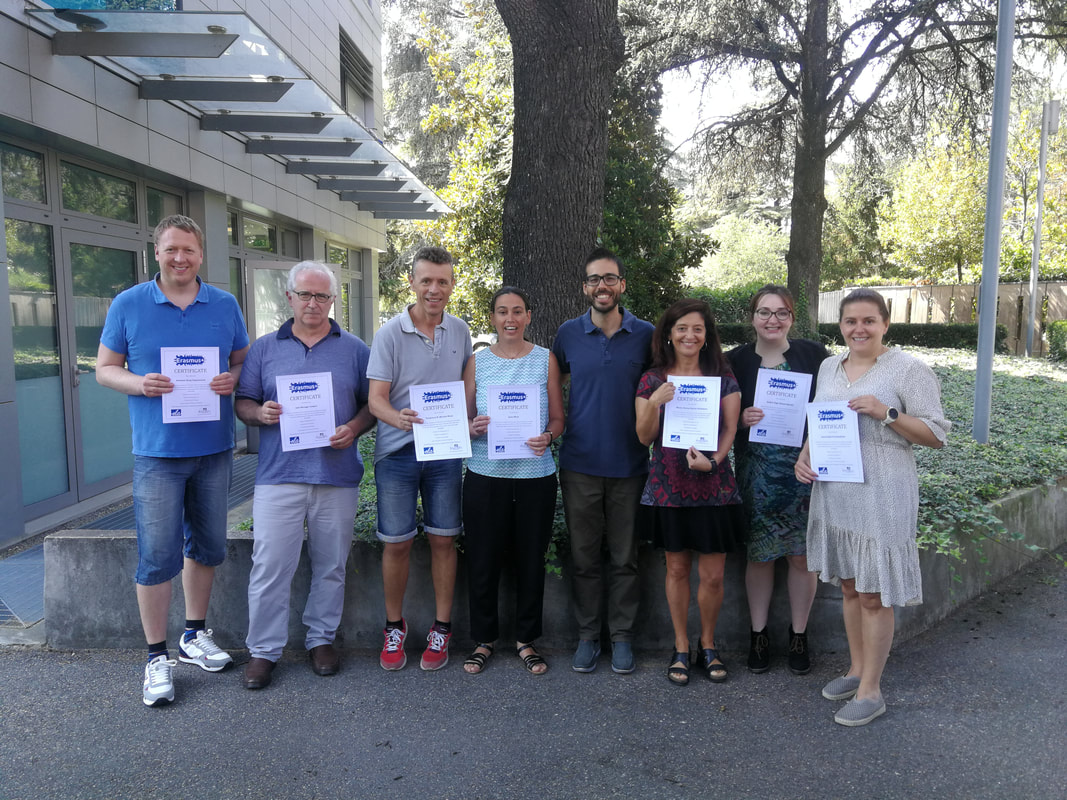
 RSS Feed
RSS Feed









